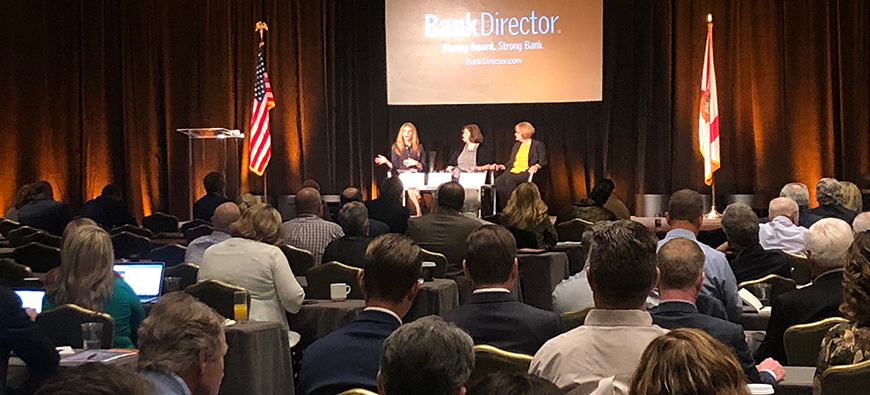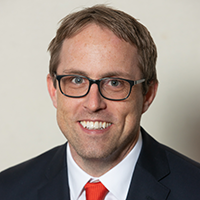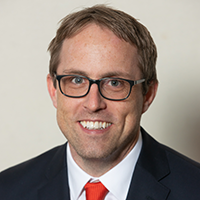
Three Ways Top Banks Attract and Retain Talent
Recruiting and retaining top talent is never easy, but it’s
particularly hard in a labor market with a 3.6% unemployment rate.
That’s why nearly 300 bank
executives and directors came down to Bank Director’s 2019 Bank Compensation
& Talent Conference, taking place this week at The Ritz-Carlton Hotel in
Amelia Island, Florida. Here are three interesting points that I took away over
the two-day event:
Younger Generations Think about Work Differently
“People used to think about advancing as a ladder – to advance, you went up,” says Allison Sagraves, chief data officer of $125.5 billion M&T Bank Corp. “But today, a better analogy is a jungle gym: People want to expand in all different directions.”
To this end, the Buffalo, New York-based bank expanded its
set of core values. Formerly, its core values included ownership, integrity and
collaboration. Executives added candor and curiosity to the list as well.
M&T also adopted a reverse-mentorship program, with members of younger generations mentoring their older counterparts. Sagraves recently met with her millennial mentor to talk about ways to help the bank’s recruiting efforts.
“‘Banking is kind of boring,’” Sagraves was told. “‘We’re
looking for a good story. A place that’s doing good things in the community,
doing good things for the environment.’”
Additionally, Sagraves discussed an experimental program
within M&T called “DEAL,” or “drop everything and learn.” Employees in
select departments are given two hours every Friday to learn something new.
Having Fun Matters
“I think fun is more important in today’s workplace,” says Cathy Cooper, retail banking group manager at Seattle-based Washington Federal.
This wouldn’t surprise anyone familiar with Washington
Federal’s CEO, Brent Beardall, who is known to cruise around in a Slingshot, a
three-wheeled motor vehicle, and occasionally tosses a football around the $16.5
billion bank’s executive suite.
This isn’t to say that the younger generations don’t have the same work ethic as older generations. “There’s a sense that the younger generations don’t work as hard, but that isn’t the case,” Cooper says. “It’s that the new generations work differently.”
“When I started working at a bank in the 1980s, you showed
up on time every morning and left at five. Today’s workforce has never
experienced that,” says Cooper. “They’re plugged in around the clock, answering
emails at nine at night. I have to fight the urge not to respond because I want
them to have a life outside of work.”
In return, Cooper continues, they want more flexibility
within their days. “Baby boomers manage to a clock, but we have to managing to
a task or execution,” she says.
The Importance of Mission and Purpose
Another commonality of younger workers is that they want more from work than a paycheck. This sounds trite and is repeated so often that it borders on cliche. But this conference reminded me that just because something sounds trite, doesn’t mean it isn’t true.
This is where a bank’s mission, value and purpose statements
come into play. “Our mission statement is to make lives better,” says Ann
Knutson, senior vice president of human resources at First Bank Financial
Centre in Oconomowoc, Wisconsin.
A bank’s job is to act as a financial intermediary, Cooper notes. But boil that down to a purpose, a bank’s job is about reducing fear. She says banks reduce fear for those who need capital by giving them access to it, and for those who have capital by giving them a return on it.
Cooper says financial stress is a leading cause of divorces
and suicides. If banks can help their customers reduce that stress, it isn’t unreasonable to think that there could
be broader, social implications. Wielded correctly, this provides bank
executives with a strong, purpose-driven way to give younger generations a
motivating purpose.
At the end of the day, recruiting and retaining
talent will never be easy. But being flexible and experimenting with new
approaches like these three banks have done is one way to increase the odds of
success.



